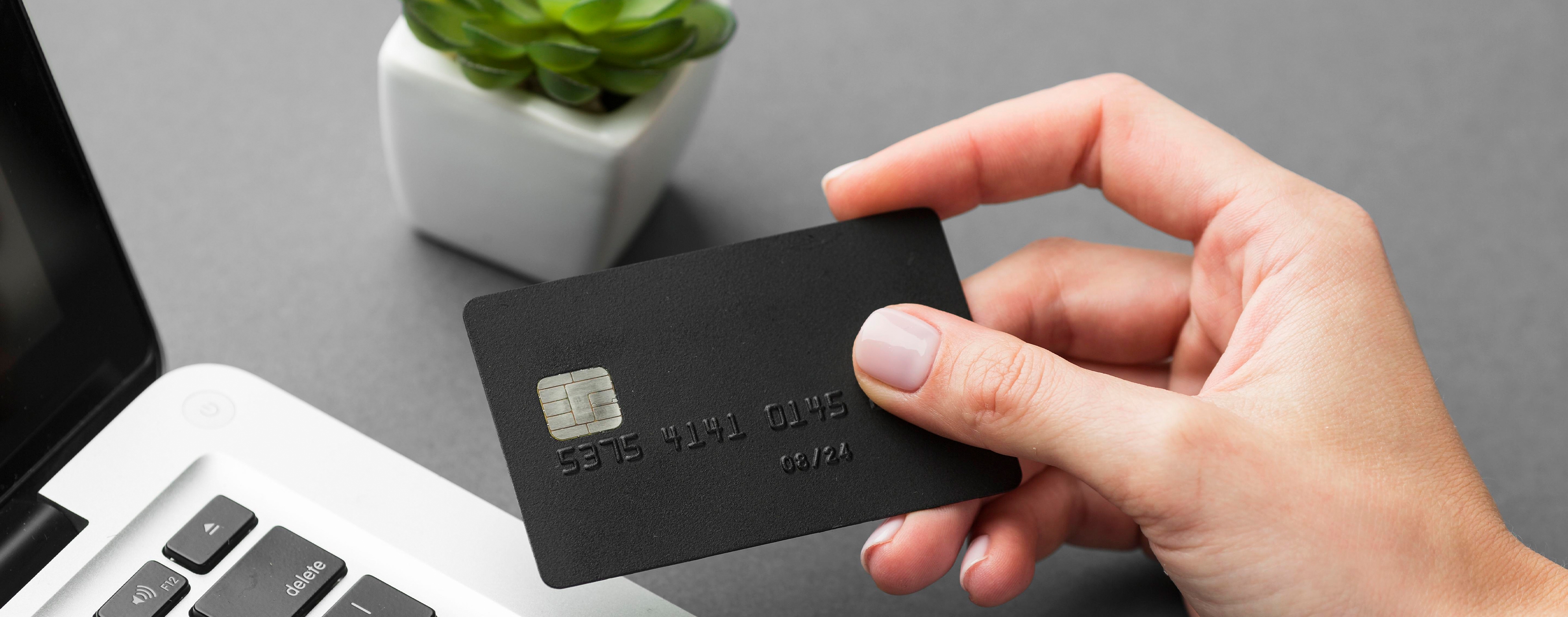
How-to-Guide on How a Credit Card Works
1. What Is a Credit Card?
A credit card is a plastic (or digital) card that lets you borrow money to make purchases. When you use a credit card, you're using the credit union’s money, not your own. The credit union has allowed you up to a certain dollar amount (or credit limit, see below) to borrow. This is different from a debit card, which takes money directly from your checking account.
2. How Do You Use a Credit Card?
- Swipe, Insert, or Tap: When you buy something, you give the cashier your credit card, or you can use it online by typing in the card number.
- Sign or PIN: For security, you may need to sign a receipt. You may also be able to use your credit card at select ATMs if you have set up a PIN for the transaction.
- Pay Back Later: When making purchases, the credit union pays for it first, and you make payments over time or in full, back to the credit union.
3. What Is a Credit Limit?
A credit limit is the maximum amount you can spend on your credit card. If you have a $500 credit limit, you can only use the card to spend up to $500. After that, you need to pay off some of the amount you’ve used to free up more credit and make it available to use.
4. When Do You Pay for the Things You Bought?
Each month, you’ll get a credit card statement. This bill shows:
- What you bought
- How much you spent
- How much you need to pay back
You have a due date to repay at least a part of this amount. If you pay the full amount, you don’t have to pay any extra fees. If you only pay part of it, the rest will be subject to interest being added.
5. What Is Interest?
Interest is the ‘fee’ the credit union charges for lending you money. It’s usually a percentage of what you still owe. There are a variety of ways that credit card issuers might charge for interest; CSE uses your average daily balance to determine interest charges.
To learn more about understanding and calculating credit card interest rates, read our blog Understanding Credit Card Interest Rates.
The longer you take to pay off the balance, the more interest you’ll owe since it’s added to your balance.
6. Why Use a Credit Card?
- Build Credit: Using a credit card and paying it off in full helps build a good credit history, which can help you get loans for things like a car or house in the future.
- Rewards: Some credit cards give you rewards like cash back or points for each dollar you spend.
- Convenience: There when you need it, whether planned or unexpected.
7. Tips for Using a Credit Card Wisely
- Spend Within Your Limit: If possible, don’t buy things you can’t pay off by the due date.
- Pay on Time: Paying on time means avoiding late fees and keeping your credit score healthy.
- Pay in Full: Try to pay off the entire balance each month to avoid interest charges.




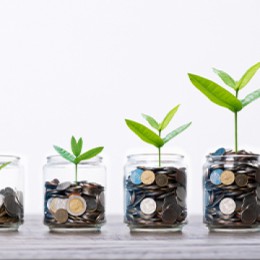

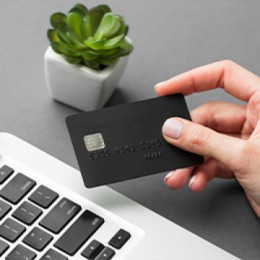
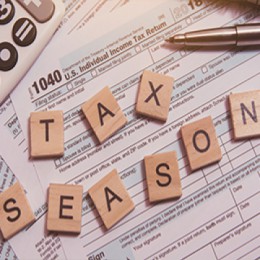
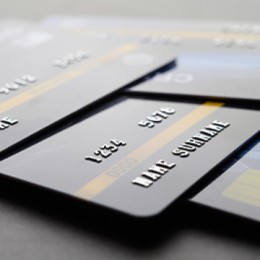

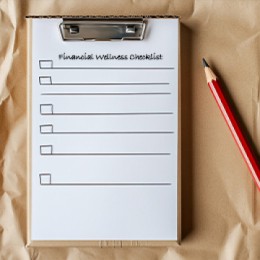
0 comments